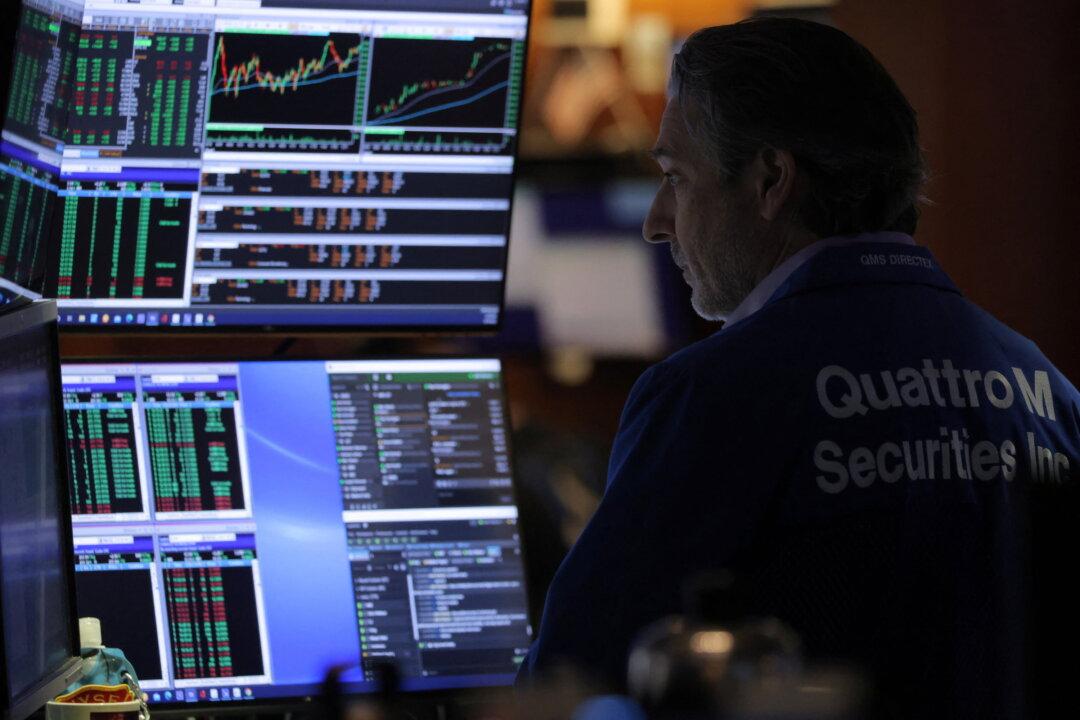Wall Street ended mixed on Friday after a volatile session that saw Tesla slump and other growth stocks also lose ground.
The S&P 500 and the Nasdaq logged their seventh straight week of losses, their longest losing streak since the end of the dotcom bubble in 2001.





